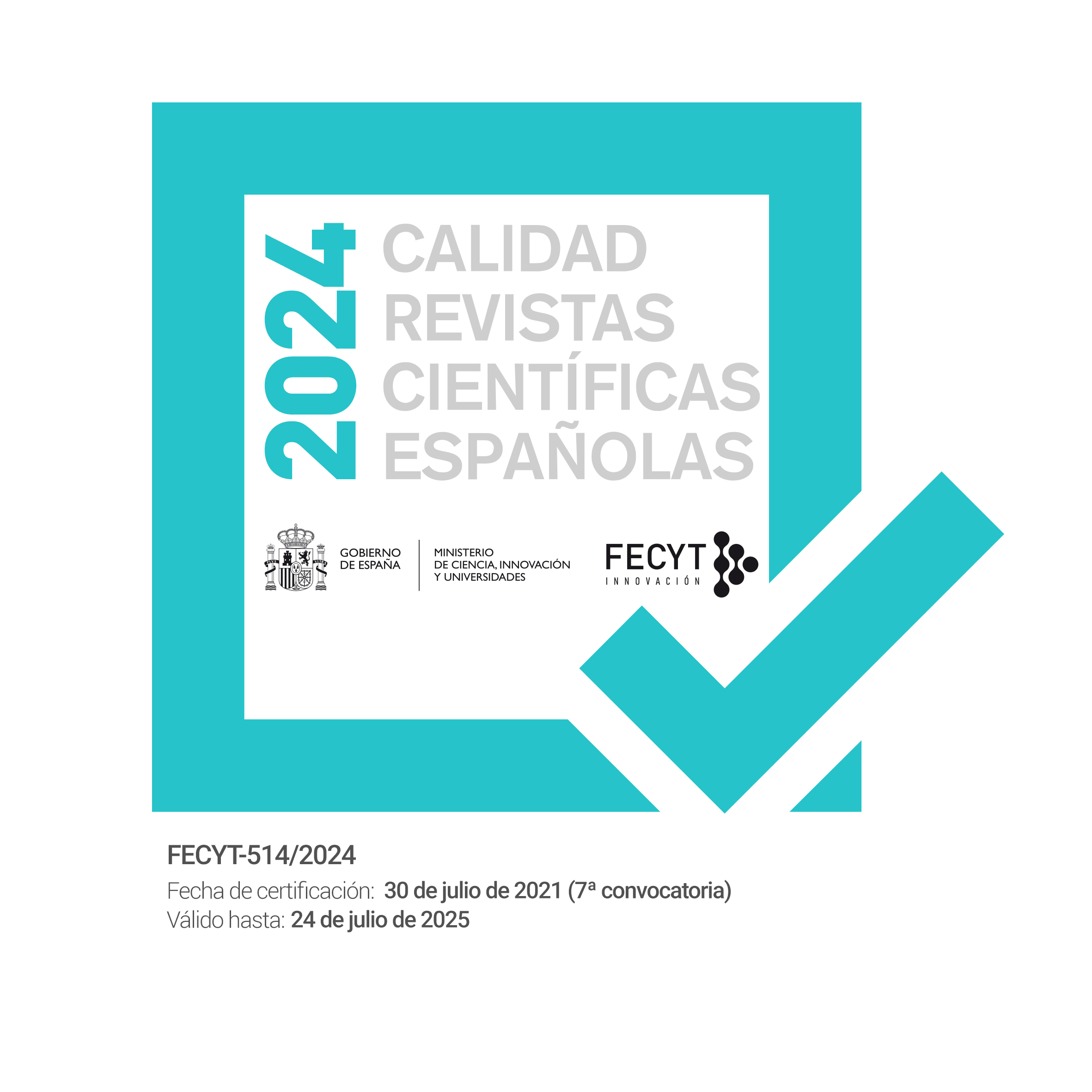"He Was in no Place and no Place Was in Him": Edward Dahlberg‘s Autobiographical Fictions as an Epistemology of Sites
Abstract
ABSTRACT: Edward Dahlberg‘s childhood, adolescence and youth, narratively fictionalized in two early autobiographical novels, "Bottom Dogs" (1930) and "Flushing to Calvary" (1932) is markedly and recurrently informed by the influence of urban sites and institutional spaces. As the article discusses, a number of these spaces are pivotal to the development of Dahlberg‘s autobiographical character Lorry, and can be productively read in terms of the Foucaldian heterotopia, while other sites, explicitly identified as metropolitan, are marginal to Lorry‘s autobiographical narrative, and yet serve to foreground the protagonist‘s absence from them in relevant ways. Finally, other spaces may epitomize a predominantly artificial nature, functioning as simulacra of experiences that Lorry undergoes but needs to cast out. Drawing on theoretical tenets related to space, site and place, as set out by Foucault, Baudrillard, Lefebvre, and others, in this article I will contend that a situated epistemological approach is essential in fruitfully reading Dahlberg‘s early fictions, and, ultimately, in understanding his quest for space in both biographical and artistic terms.
RESUMEN: La infancia, adolescencia y juventud de Edward Dahlberg, ficcionalizada a través de sus dos tempranas novelas autobiográficas, "Bottom Dogs" (1930) y "Flushing to Calvary" (1932), está muy determinada por la influencia de entornos urbanos y espacios institucionales. Algunos de estos espacios son esenciales para el desarrollo de Lorry, el protagonista autobiográfico de Dahlberg, y pueden ser interpretados en clave de heterotopia Foucaldiana. Otros lugares, expresamente identificados como espacios metropolitanos, marginales a la narrativa autobiográfica centrada en Lorry, resultan, sin embargo, extremadamente significativos para subrayar la ausencia del protagonista de los mismos. Además, otros entornos sirven para encarnar condiciones artificiales, proporcionando simulacros de vivencias que Lorry experimenta pero necesita luego desechar. Partiendo de nociones teóricas relativas a los conceptos de sitio y de espacialidad, desarrolladas por Foucault, Baudrillard y Lefebvre, entre otros, el presente artículo propone un análisis basado en una epistemología de "situacionalidad" que permita una interpretación crítica fructífera de la obra iniciática de Dahlberg, y, en concreto, ilumine su obsesiva búsqueda de espacio(s), tanto en términos biográficos como literarios.















